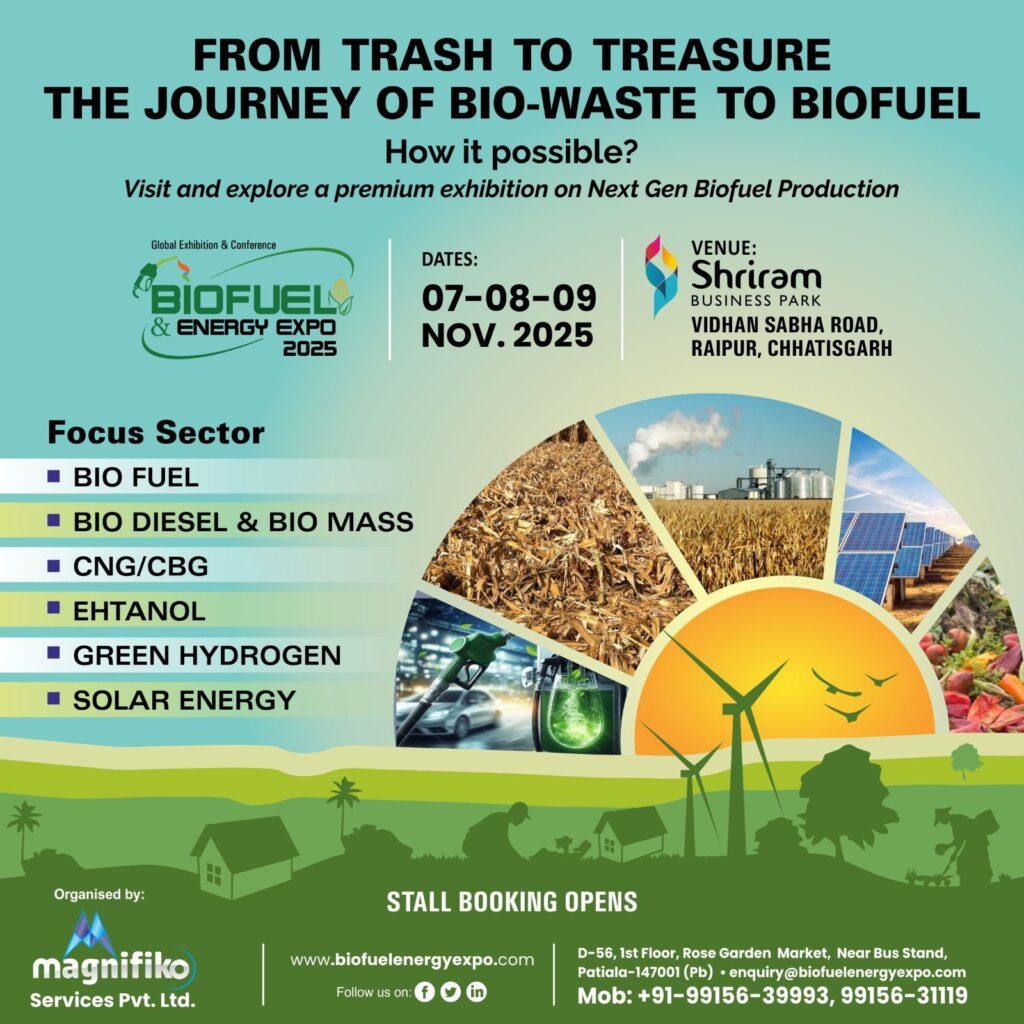Govt admits lower mileage in ethanol-blended fuel
By Arshad Khan
Amid concerns and debates that ethanol blending in petrol has significantly reduced fuel efficiency and accelerated wear and tear of vehicle parts, the Ministry of Petroleum and Natural Gas recently addressed the impact of 20% ethanol blending (E20) on vehicle performance.
The Ministry confirmed that ethanol has a lower energy density than petrol, which can cause a slight decrease in mileage. Four-wheelers designed for E10 and calibrated for E20 may experience a 1–2% drop in mileage, while other vehicles may see a reduction of 3–6%
While the government’s claim of up to 6% reduction in mileage on older vehicles suggests a very limited impact, consumers and some experts believe the impact on mileage to be a little higher.
“By its chemical composition, ethanol has lower energy per unit volume than petrol. This results in reduced fuel efficiency from any ethanol-blended petrol when compared to unadulterated petrol. While our internal estimate shows that E20 petrol gives 5-7% lower mileage than unadulterated petrol, primarily in vehicles manufactured before 2023, consumer feedback suggests the impact to be in double digits in real-world driving conditions,” said the head technical officer of a leading car company on the condition of anonymity.
He advocated a discount for consumers on blended petrol given that ethanol is sourced locally and is much cheaper than crude. He said that this may compensate for the increased running costs.
The administered ex-mill price of ethanol for blending purpose has been fixed at Rs 57.97 per litre. A GST of 5% levied on ethanol for blending with petrol, taking the per litre price to Rs 61. Petrol is priced around Rs 95 per lite (in Delhi).
India’s Petroleum Ministry said E20 blending has boosted India’s energy security by reducing crude oil imports. Since 2014–15, over Rs 1.4 lakh crore has been saved in foreign exchange, claims the government.

In a survey conducted by LocalCircles which received over 36,000 responses from petrol vehicle owners, 11% of respondents (out of 22,282 responses received), said that the fuel efficiency/ mileage has reduced by over 20%. As many as 22% respondents stated it has reduced by 15-20% and 11% of respondents stated it has reduced by 10-15%.
“To sum up, 2 in 3 vehicle owners, with vehicles purchased in 2022 or earlier, say the vehicle’s fuel efficiency/mileage has reduced in 2025. This clearly indicates that there is an issue at hand and it is leading to reduced fuel efficiency this year as a result having a financial impact on such vehicle owners,” said LocalCircles.
Regarding material corrosion, the ministry stated that safety standards, including corrosion inhibitors and compatible materials, are defined by BIS specifications and Automotive Industry Standards. For older vehicles, replacement of rubber parts or gaskets may be advised after 20,000 to 30,000 km of use. These replacements are minor, low-cost, and can be carried out during routine servicing, stated the ministry.
An industry expert cited that ethanol is hygroscopic (attracts water) and more corrosive than petrol. He stated that over time, this can lead to increased wear of rubber and plastic components (like gaskets, seals, hoses). He also added the possibility of fuel leaks, degraded fuel pumps and clogged injectors, especially in older vehicles which are not designed for higher ethanol blends and are not maintained routinely.
This article has been republished from The New Indian Express.

